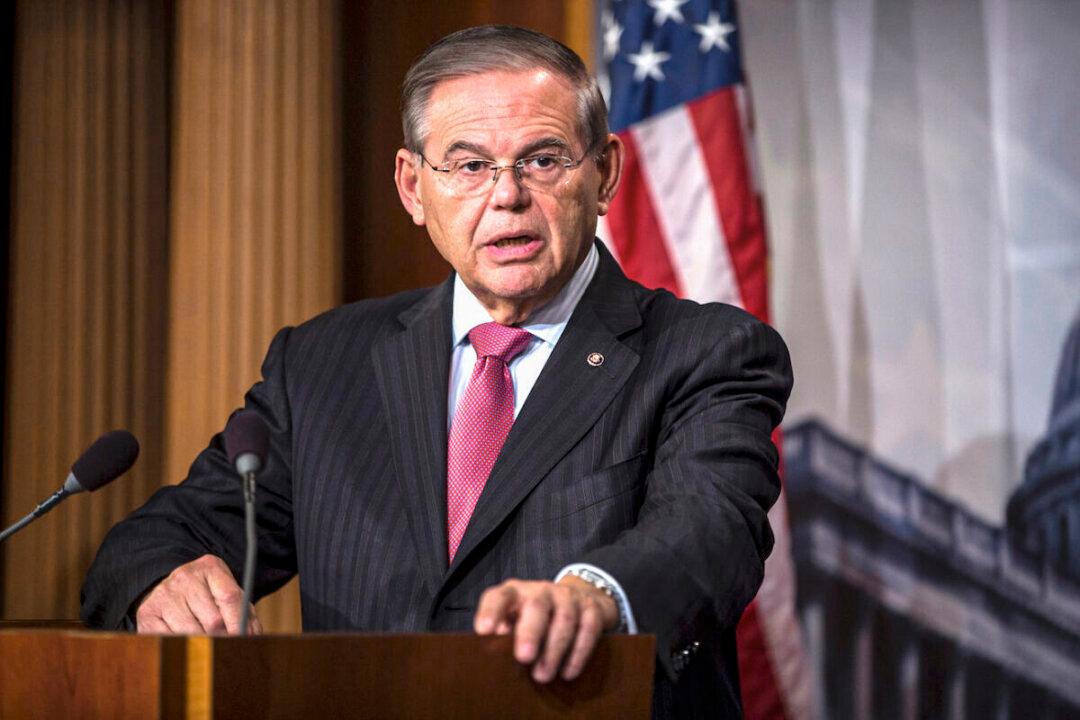Senators introduced a bipartisan measure on Wednesday seeking to secure admission for Taiwan at the Inter-American Development Bank as a non-borrowing member.
The bill would require the State Department to provide Congress with a strategy to secure diplomatic support for Taiwan’s membership as a non-borrowing member of the Inter-American Development Bank. It would be a promotion from the self-ruled island’s current observer status.




